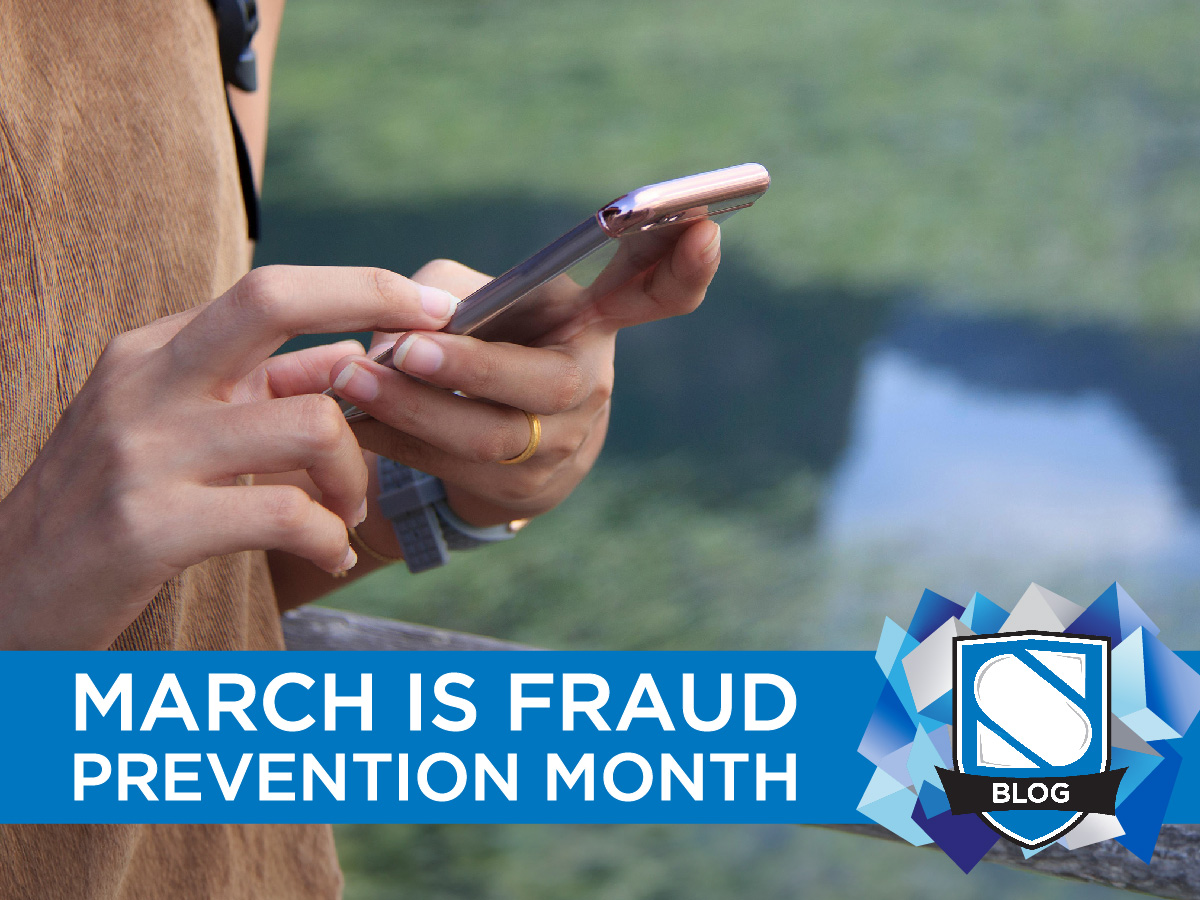- Never volunteer or offer information. Remember, a bank, credit card company, or other sensitive financial institution will NEVER ask you for passwords or PINs. Anyone who says they need yours over the phone or by email to “verify” your identity is trying to weasel into your accounts – don’t give them the keys!
- Many fraud attempts rely on panic and pressure. If you get a call from a “credit union” claiming a loan you don’t remember is past due and you need to address it immediately, or any other malarkey that implies you’ll be in legal or financial hot water if you don’t do as they say immediately, don’t get flustered. Real institutions don’t come barging down like that and any situation can be resolved with a calm conversation YOU initiate.
- On the same topic, only call numbers you know are legit. If you have a voicemail or email telling you to contact your financial institution through a specific number or web address, don’t do it. If you are in doubt as to whether the contact is legitimate, call the generic customer service line or go to the regular web page and access your account and ask questions there.
- Never be afraid of being rude. If someone seems dubious, hang up on them. If an email seems suspicious, toss it in the spam folder. Really, the rude person in this situation is the one trying to rob you, so don’t feel bad.
- If something looks too good to be true, it probably is. When online deals offer ridiculous free goodies with a purchase (“free iPad with this camera!” “Free Xbox with this cell phone!” etc) do your research. Make sure the business is on the up-and-up and make sure the web page you’re looking at is the real one. Phishing scams often rely on emails with a link to a duplicate site of a trusted business. But, you can always look at the address in the URL and make sure it directs to the actual business, or do a Google search for the deal and see if it shows up anywhere else.
- Shred your old documents before tossing them out. Anything like bank statements, bills, cheques, tax returns, even credit applications can contain sensitive info that could be used as a jimmy to wedge into your accounts or impersonate you.
- Check your credit report every year and make sure there are no inconsistencies.
- If you suspect you’ve been targeted by fraud, report it! You can contact either the Competition Bureau or the Canadian Anti-Fraud Centre to report a fraud attempt. This is important not only to protect yourself and have a preexisting record of possible fraud if you notice any suspicious activity in your accounts later, but to help law-enforcement track and shut down scammers.
Staebler VP Anita Flootman Paterson featured in IIC Article
A newly introduced regulation on the storage and contained of per- and polyfluoroalkyl substances (PFAS or “forever chemicals”) is impacting the commercial insurance space. Ahead of the new reporting requirements taking effect on January 31, 2025, the Staebler Blog...














0 Comments